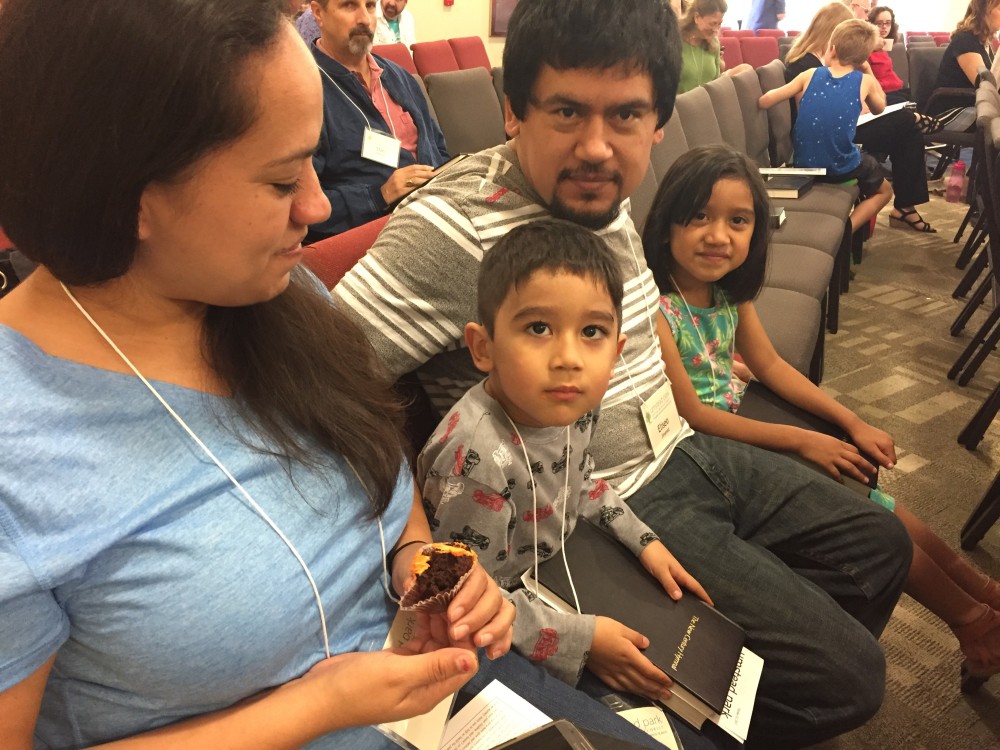Will ICE agents continue to avoid enforcing deportation orders in churches?
The "sensitive locations" policy is in question with undocumented people in hospitals. What about in congregations providing sanctuary?

Eliseo Jimenez had run out of time. Jimenez, 39, emigrated from Mexico 22 years ago and worked in North Carolina’s tobacco fields and in construction. He reported yearly to U.S. Immigration and Customs Enforcement in Charlotte for the past five years and received a work permit. This past summer, the federal agency refused to extend his permit and ordered him to leave the country by July 31.
Instead he moved into Umstead Park United Church of Christ in Raleigh.
“It’s a spiritual act, but it has political implications,” said Doug Long, pastor of the 300-member congregation.




